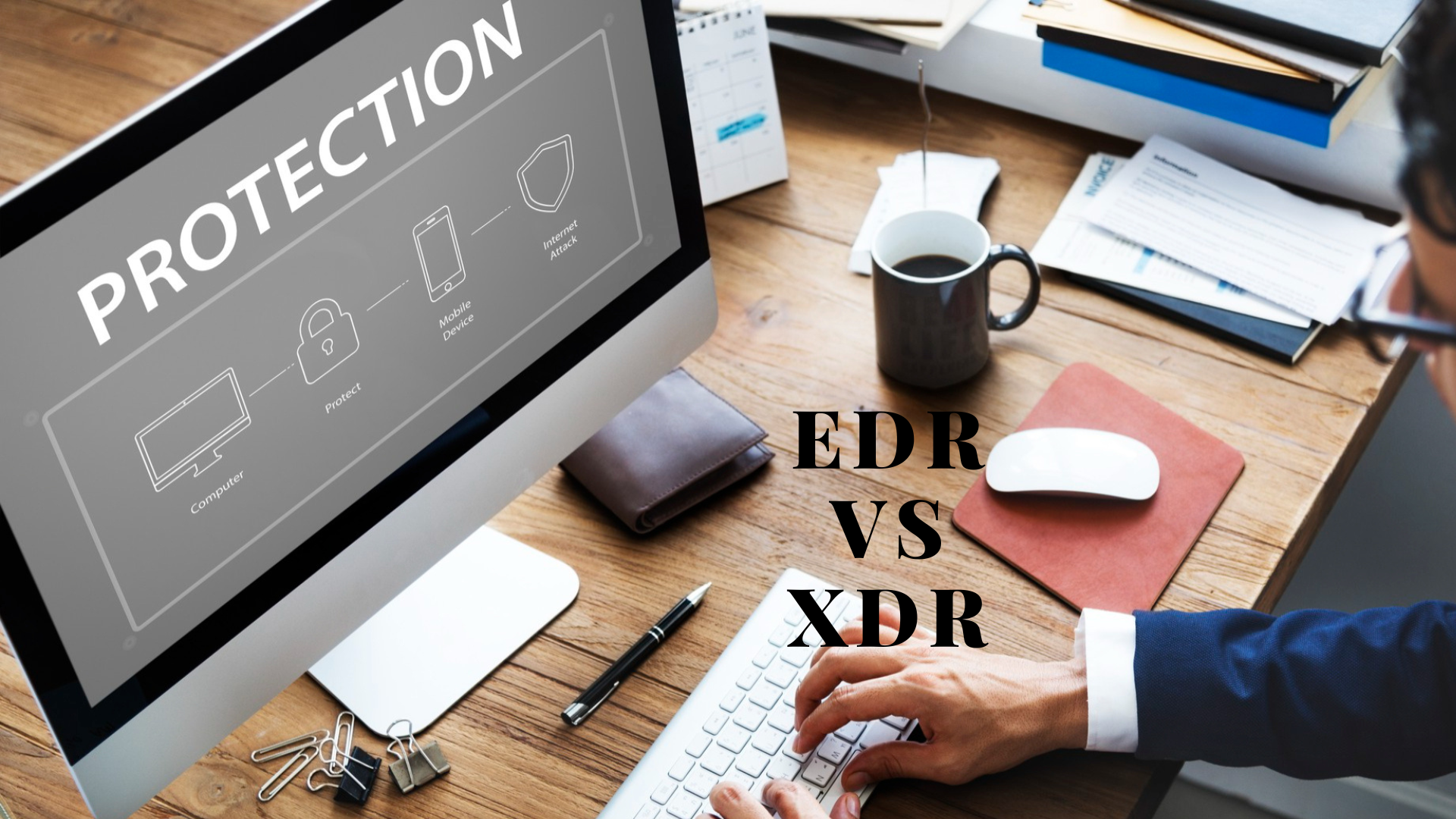TECHNOLOGY BLOGS

EDR vs. XDR: Choosing the Right Defense for Your Cybersecurity Arsenal
[April 17, 2023]
In the ever-evolving landscape of cybersecurity, organizations face increasingly sophisticated threats that demand advanced defense mechanisms. Two prominent solutions, Endpoint Detection and Response (EDR) and Extended Detection and Response (XDR), have emerged to tackle these challenges head-on. In this blog, we'll compare EDR and XDR, helping you understand their differences, strengths, and how to choose the right one for your cybersecurity strategy.
Endpoint Detection and Response (EDR):
Focused on Endpoints:
Scope:EDR solutions primarily focus on monitoring and securing endpoints such as laptops, desktops, servers, and mobile devices.
Visibility:EDR provides in-depth visibility into endpoint activities and behaviors, enabling quick detection of suspicious activities and threats.
Detection and Response:
Detection:EDR excels at detecting and alerting on endpoint-specific threats, such as malware, ransomware, and advanced persistent threats (APTs).
Response:It offers response capabilities, including isolating compromised endpoints, quarantining files, and initiating incident response actions.
Limited to Endpoints:
Limitation:EDR excels at detecting and alerting on endpoint-specific threats, such as malware, ransomware, and advanced persistent threats (APTs).
Extended Detection and Response (XDR):
Holistic Approach:
Scope:XDR is designed to provide a broader, holistic view of an organization's security posture by aggregating and correlating data from multiple sources, including endpoints, networks, email, and cloud environments.
Visibility:XDR offers cross-domain visibility, allowing security teams to detect threats that may span multiple layers of the infrastructure.
Threat Detection and Response:
Detection:XDR excels at detecting complex, multi-stage attacks that traverse different layers of an organization's infrastructure. It can identify threats that may not be apparent when examining isolated endpoints.
Response:XDR integrates with various security tools, enabling automated responses and coordinated incident remediation across different security domains.
Comprehensive Security:
Strength:XDR strengthens an organization's overall security posture by providing a unified view of threats and facilitating a coordinated, organization-wide response.
Choosing the Right Solution:
1. Organization Size and Complexity:
EDR: Well-suited for smaller organizations with straightforward security needs, or those that want to start with endpoint-focused security before expanding.
XDR: Ideal for medium to large enterprises with complex infrastructures and diverse threat vectors that demand holistic threat detection and response.
2. Visibility Requirements:
EDR: Suitable when the primary concern is monitoring and securing endpoints.
XDR: Recommended when comprehensive visibility across multiple security domains is crucial.
3. Incident Response Capability:
EDR: Offers incident response capabilities tailored to endpoint threats.
XDR: Provides integrated incident response capabilities that span multiple security layers.
4. Integration with Existing Tools:
EDR: Tends to focus on endpoint security and may require additional integrations to create a more comprehensive security ecosystem.
XDR: Integrates multiple security tools and data sources, reducing the need for extensive custom integrations.
In conclusion, choosing between EDR and XDR depends on the organization's size, complexity, and security requirements. EDR is an excellent starting point for those primarily concerned with endpoint security, while XDR offers a broader, more integrated approach for organizations seeking holistic visibility and threat detection across their entire infrastructure. Ultimately, the right choice depends on your organization's unique cybersecurity needs and goals.
Go Back